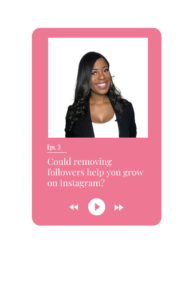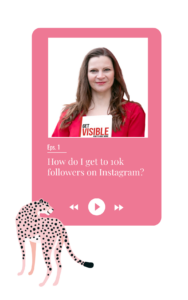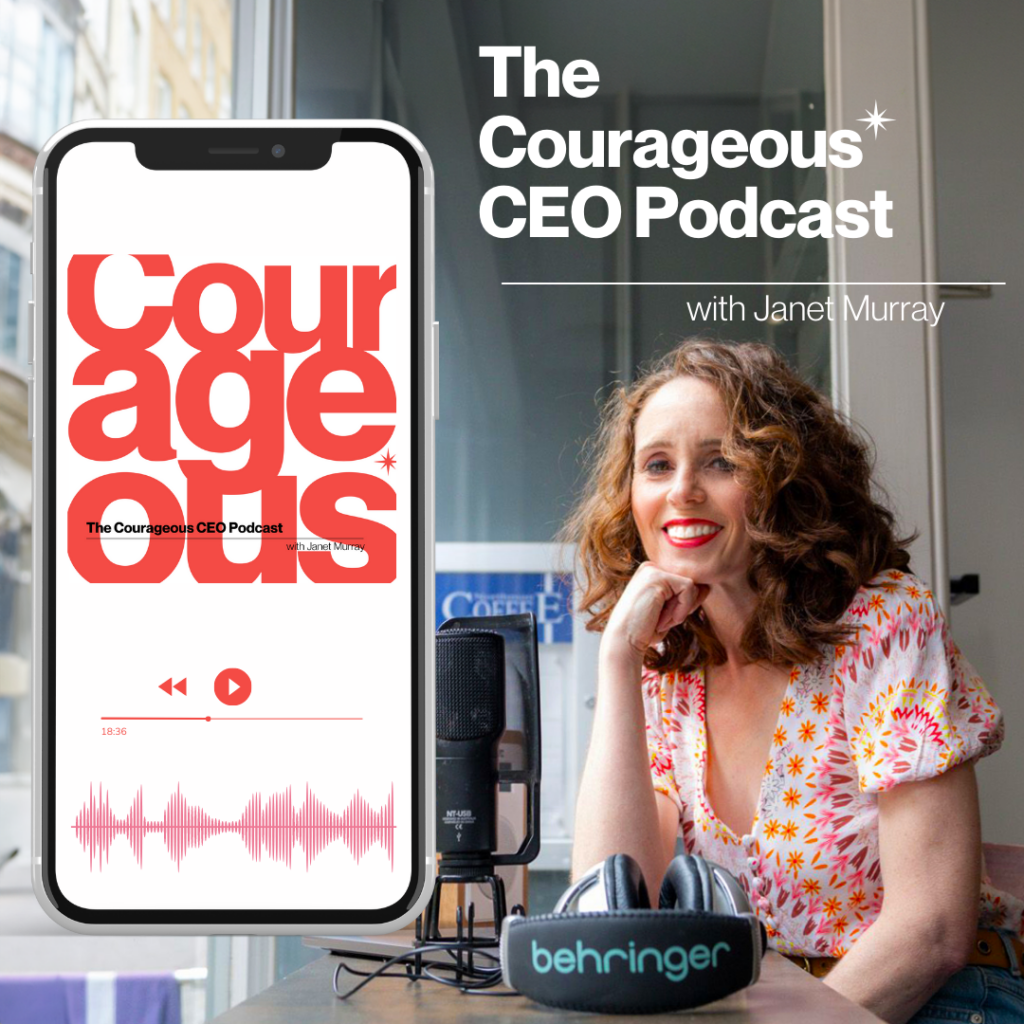

July 26, 2021
How to stop copycats stealing your content
Creator Interview
with Egbe Manton
Having your content copied or stolen is an upsetting – but inevitable – downside of being a content creator.
And people won’t always realise what they’re doing is wrong.
So how can you protect your content from theft? What’s the difference between someone being inspired by your work and copying it? And what should you do if you believe someone has copied your work?
So how can you protect your content from theft? What’s the difference between someone being inspired by your work and copying it? And what should you do if you believe someone has copied your work?
That’s exactly what you’ll find out in this interview with Egbe Manton – a lawyer who specialises in helping entrepreneurs protect their businesses.
You’ll also find out how to make sure you don’t land yourself in trouble for stealing someone else’s content – even if you didn’t intend to.
Key Moments
[2:32] Types of content people typically steal from entrepreneurs
[3:00] The difference between copying and ‘being inspired’
[6:21] How to prevent clients stealing your content
[8:49] Who owns the copyright for creative work
[9:39] Why copyright transfer agreement should be included contracts with freelancers/contractors
[12:11] What to watch out for in photographers’ contracts
[14:23] How to reach out to someone you believe has copied your work
[17:34] When to consider send a legal letter (cease and desist)
[17:53] Content curation: what’s ok to share and what isn’t
[19:26] Sharing clients’ testimonials: when to ask for permission
[21:37] The dangers of swiping content from legal documents e.g. terms and conditions
Egbe is providing legal guidance for educational purposes only and nothing said on this podcast should be construed as legal advice. If you wish to obtain legal advice, you should contact the services of a solicitor or equivalent attorney.


